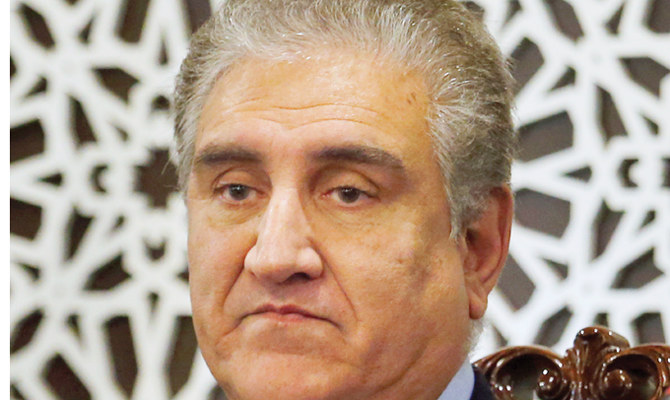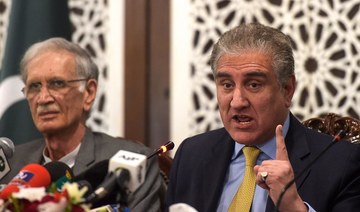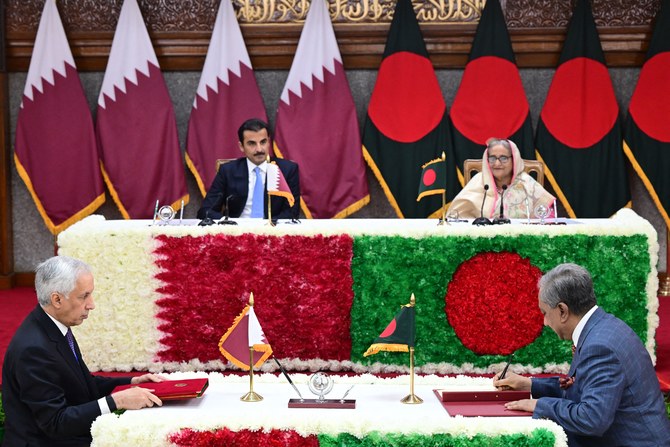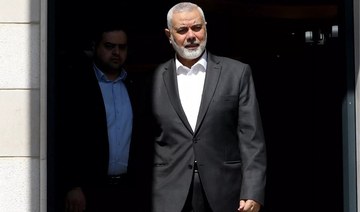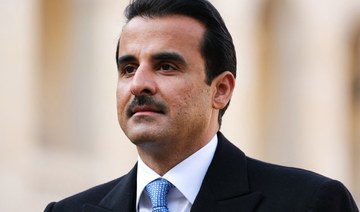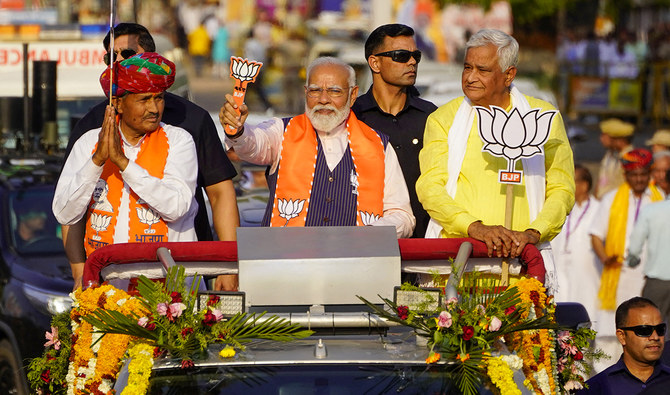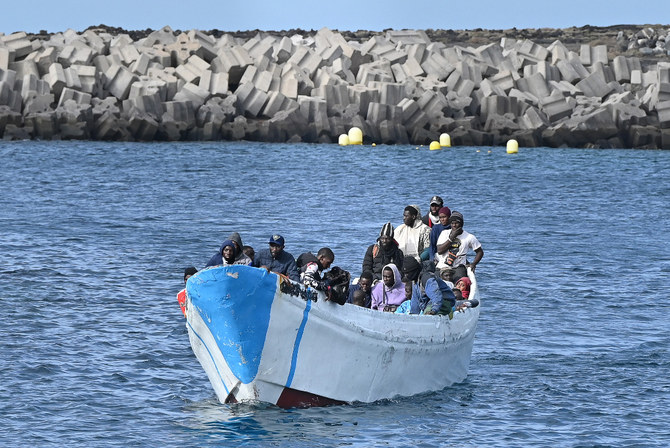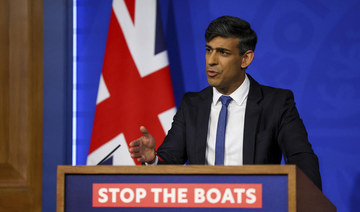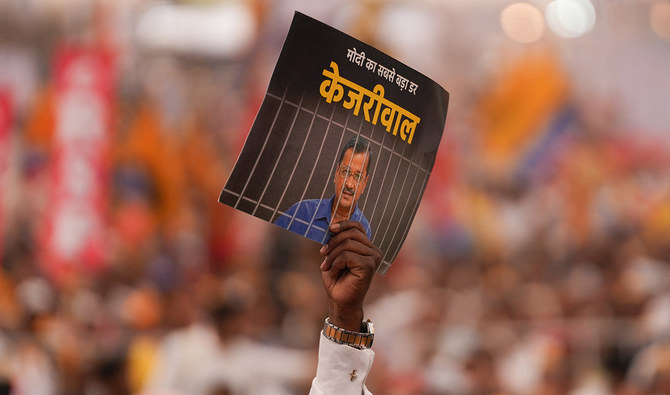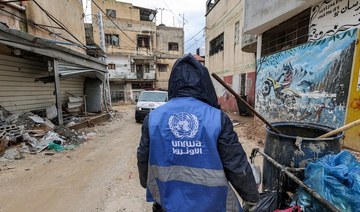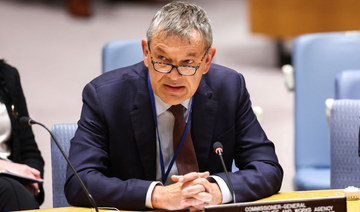ISLAMABAD: Pakistan has demanded that neighboring Iran take action against “terrorist camps” in its border regions following an attack in Balochistan that left 14 army personnel dead.
The move comes amid fears that the situation could escalate into a full-blown conflict between the two countries if it is not resolved.
On Thursday, gunmen disguised as Pakistani security officials forced passengers off buses on the Makran coastal highway in the southwestern province bordering Iran and killed 14 Pakistani army personnel.
“We have identified terrorist camps that exist in Iran’s border areas,” Foreign Minister Shah Mehmood Qureshi said.
“We are hopeful Iran will take action against these terrorists. Today, I had a detailed conversation with the Iranian foreign minister in which I conveyed Pakistan’s sentiments and expectations,” the foreign minister added.
“The Iranian foreign minister has guaranteed his country’s full cooperation in the matter.”
BRAS, an alliance of three Baloch separatist organizations, was behind the attack, Qureshi said.
Pakistan has identified the alliance’s training and logistical camps inside Iran’s borders and shared details with Tehran, he said.
The foreign minister said Pakistan expected Iran to take action.
The separatist alliance also has a presence and leadership in Afghanistan, he added.
Qureshi’s comments came on the eve of Prime Minister Imran Khan’s two-day maiden visit to Iran which began on Sunday.
Retired Gen. Talat Masood, a security analyst, said that Islamabad has told Iran’s leadership that “its land was being used for terror activities within Pakistan.”
“Iran has been trying to strengthen its relationship with Pakistan to offset international pressure and sanctions over its nuclear program,” he told Arab News.
“In this context, we can expect Iran to initiate action against terrorist outfits that are accused of (acting) against Pakistan.”
Another security analyst, Zaigham Khan, urged the Pakistani PM to raise the issue of terror camps with Iran’s leadership during his visit to Tehran.
“The use of Iranian territory by militants against Pakistan is worrying for our security institutions,” he told Arab News.
“This could turn into a full-blown conflict if Tehran fails to initiate action against militants using its territory.”
On Friday, the foreign affairs minister lodged a formal protest with Iran for failing to take action against militant groups Islamabad believes use bases on Iranian territory to launch attacks against Pakistan.
“Pakistan awaits Iran’s response to its request for action against these groups, whose locations have been identified by Pakistan a number of times,” the Foreign Office said.
Giving details of Thursday’s attack, the foreign office said up to 20 gunmen in paramilitary uniforms stopped three or four buses at dawn on April 18 and, after identifying the passengers, killed 14 Pakistani troops.
“After the incident, the terrorists who arrived from border region (between Pakistan and Iran) returned to that area,” it said.
The Foreign Office said Islamabad had repeatedly shared “information about the hubs of these Baloch terrorist organizations in Iran.”
“Unfortunately, no action has been taken by Iran,” it said.
Separatist groups have been waging an insurgency in Balochistan for more than a decade, demanding an end to what they see as the exploitation of their resources by people from other parts of Pakistan.
In May 2015, gunmen wearing security forces uniforms killed at least 22 passengers after forcing them off buses traveling from the western city of Quetta to Karachi.
Militants and Balochi separatists frequently target civilians and security forces in Balochistan, which is at the center of the much-vaunted $62 billion China-Pakistan Economic Corridor that Pakistan is building with Chinese loans.



